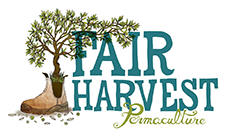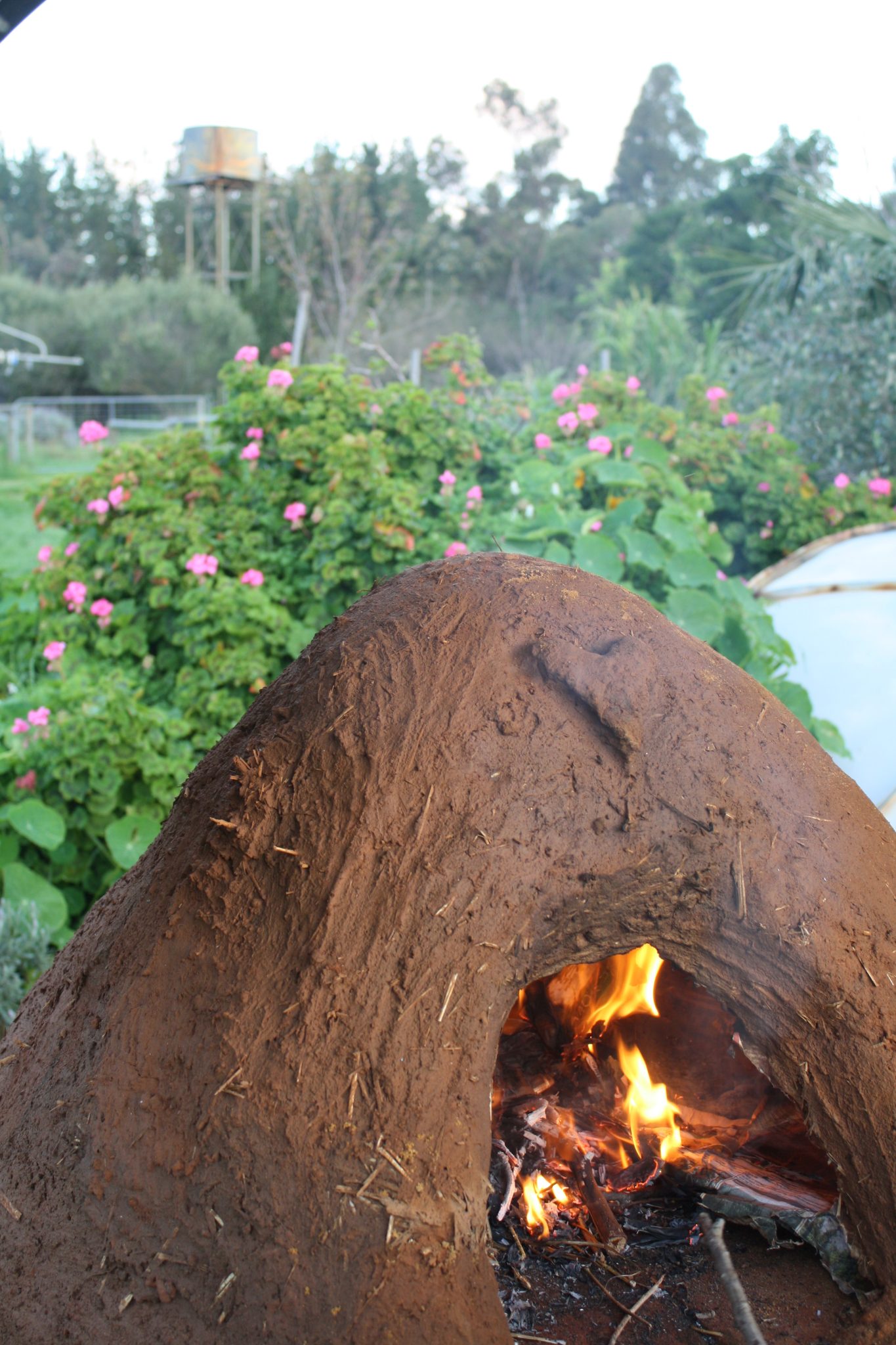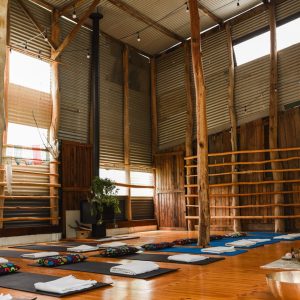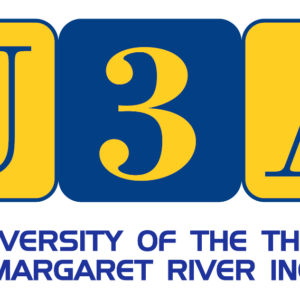RIRDC Rural Women’s Award 2014 (Runner up)
For the second year in a row I nominated a project for the RIRDC Rural Women’s Award, an award that focuses on women in rural industries and communities,. Last year I was selected as a finalist (based on a project for running workshops for rural women) and was encouraged to apply a second time around. I was also given great feedback about my project proposal and how a winning project should have state and/or national relevance. I continued with the project I had proposed in 2013 which has now become the basis of a broad selection of courses offered by Fair Harvest.
When I started thinking about a 2014 project I flashed back to my month last July when I made a personal commitment to eat local for a month, it was an interesting month during which time I learned a huge amount about the abundance of our region. I also learned a lot about what we don’t have, going without grains for a month was hard so was having no tea, coffee, sugar, spices and more see more here. The most remarkable thing about July was how many people were deeply interested in the project and consequently how much media attention I received. So many people said that they would love to join me next time around …….. the kernel of an idea had started.
My “eat local month” was inspired by signing up for “plastic free July”, signing up for the Plastic free July challenge involves using a great interactive website full of information and tips and I realised that a similar approach to an eat local challenge would take the concept to as many Australians as were interested.
So here’s my proposal
Eat Local Week “sign up for the challenge anywhere in Australia using an interactive website”
Using the website I have created a range of challenges so that the week is accessible to anyone in Australia, I have also suggested a variety of community activities that could be taken up by local groups and outlined a way in which the website could become a national resource to buying local .
As a Permaculturist I found this industry based award a huge challenge as the criteria for applicants is very much based on promoting industry. It recognises the need for sustainability in agriculture and the growing need for community development in rural Australia but I must say I couldn’t help feeling like the odd on out in a room full of industry reps, grain exporters and agricultural consultants.
I was absolutely overwhelmed (to the point of tears) when my name appeared on the big screen as the runner up to this award and my feeling only continued as rural women approached me after the award ceremony to ask me how they could access local food in their areas (as they depend on large super market chains for shopping despite being in food growing areas). This is a whole new question for me and the genuine need of these women was a shock as they related stories of local producers who were unable to sell locally due to legally binding contracts. This was not the conversation I was expecting but it alerted me to the fact that this issue is real and people want
I did win runner up though and with it a $5000 bursary, in many ways I am glad not to have the pressure to complete my project in the year as well as the many other commitments that come with being awarded Rural Woman of the year, I’ll leave that to the amazing Jacky Jarvis and her inspiring project working with resettled refugees. What I have is a greater audience of people that are taking the need to make local food available to everyone more seriously and a growing number of contacts and potential backers of this project.
A study done by CERES in Melbourne found that of the 25 most commonly bought products on the super market shelves the average distance traveled was 70 000 km before reaching the super market. Inhabitants of many rural towns can only access their local produce once it has travelled to a major city and to be packaged before traveling back to the super market shelf.
Long term resilient communities will take an active role in producing their own food , be connected to their local farmers and producers and have created strong social networks to provide information and support in an ever changing environment.
I hope that my proposed project can become one of the tools that people can use to gain greater connection with their food supply and with their communities.















